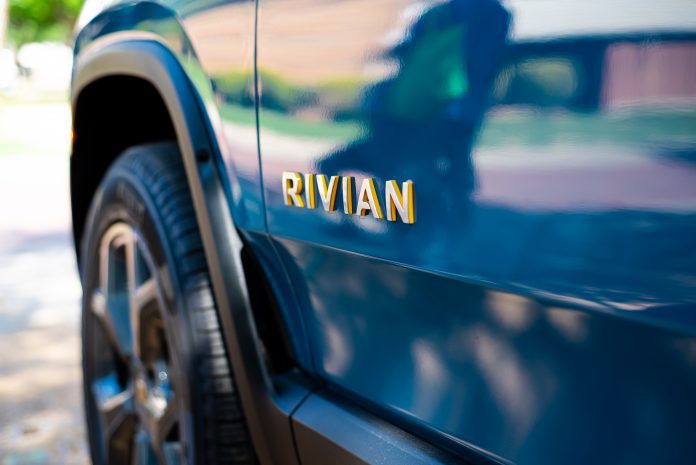As demand for EVs declines in the face of a faltering economy, automakers have slashed their costs for EVs during the past year. Before companies like Ford and Lucid followed Tesla’s lead and offered steep discounts, Rivian stayed unwavering. But now that the electric truck and SUV manufacturer has cut $3,100 off the base models in anticipation of the release of its more affordable R2, Rivian’s prices are finally starting to budge.
According to the price cuts, the R1T and R1S with 270-mile ranges are the least expensive, starting at $74,800 and $79,800 delivered, respectively. These vehicles now have starting pricing of $71,700 and $76,700, respectively, while Rivian has added new trims with a 315-mile range at the previous base prices. Both are still qualified for federal tax credits of $3,750 or $7,500 for leases.
Automakers are responding to the decline in demand for EVs, which is causing a price war. Some automakers believe this is due to a decrease in demand, while others think it’s a plateau or that there is no demand issue. Regardless, automakers are being forced to explore less expensive EVs. For example, Ford has established a “skunkworks” to compete with Chinese EVs, which even Tesla CEO Elon Musk thinks may “demolish” the Western auto industry. Musk had previously stated that a $25,000 EV would hit the market by 2023, but the EV maker is also developing a cheaper EV, soon to debut.
Regarding Rivian, registration data indicates that deliveries roughly tripled in 2023; however, in the previous three months, both the R1T and R1S have been made eligible for lease. Rivian plans to make its vehicles more accessible to people with lower incomes by offering an affordable LFP battery, similar to the ones used in its vans. This feature is expected to be included in the upcoming R1 update, which will improve the vehicle’s efficiency and introduce a 1,000-horsepower “Ascent” model with the highest range.
And there’s the R2, which makes its premiere on March 7. It’s anticipated to be a more affordable, more compact SUV that will challenge the Tesla Model Y for market share. It will be the volume seller for Rivian, but most likely not until 2026. In the interim, the business will rely on sales of its R1 and more widely available commercial vans.





